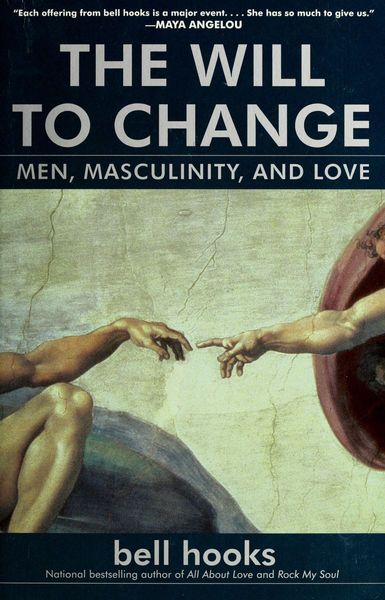
Reviews
Anisah Osman Britton@anisahob
Maurice FitzGerald@soraxtm
Kehinde Adeleke@adeleke5140
Mattia Compagnucci@mrmatcom
Eva Decker@evadecker
Felipe Saldarriaga @felipesaldata
Ahmed Bakr@abakr92
Sloan, Kara@kayraw
Ira Cummings@irafcummings
Rebecca Lum@reblum
Elena Menendez@baghoot
anna g@greenbeanseason
Sebastian Leck@sebastianleck
Mikre @mikre
elizabeth@ekmclaren
ara@anguloa
Drew Timms@snowmandrew
Elena Kuran@elenakatherine
Yaffa@msmusyaffa
Karolina Klermon-Williams@ofloveandart
olivia olsen@literaturepossum
Adrian Ray Amboy@theloafiesttime
George@tlxy
Will Chavez@willchavez
Highlights
Rebecca Lum@reblum
Page 177
Rebecca Lum@reblum
Page 173
Rebecca Lum@reblum
Page 167
Rebecca Lum@reblum
Page 165
Rebecca Lum@reblum
Page 150
Rebecca Lum@reblum
Page 44
Rebecca Lum@reblum
Page 183